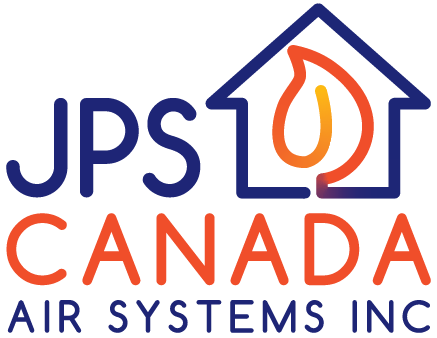Who is responsible for my fan coil repairs?
Many owners are surprised to hear that they are responsible for the repair and maintenance of their HVAC equipment. While most condo buildings perform annual or semi annual cleaning and filter changes this is not because they have to. But rather for the common good. Back ups in drain pans can and do affect multiple suites and common areas. Now there are a small percentage of buildings where the corporation owns the HVAC equipment and is responsible for upkeep and repairs. It is important to understand the specific documents that outline these responsibilities.
(more info on these documents HERE)
When purchasing a condo ensure you inquire on who is responsible before the time comes that you need a repair. As well ensuring you have a proper home inspection including the HVAC equipment is very important.
